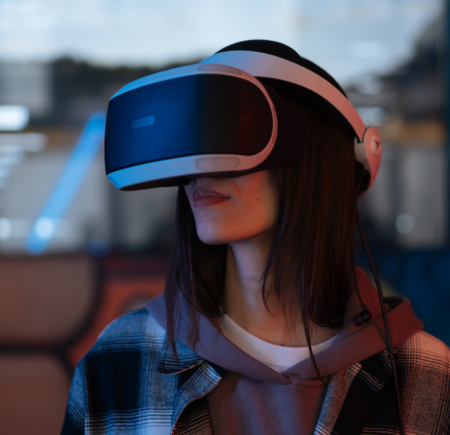

Cracking the Enigma code to FIFA Ultimate Team
By Patrick Hobbs
The computer is a machine that has taken the modern era by storm and has become an irreplaceable part of modern life. This area of technology has seen monumental advancements over the last century and its numerous constituent areas are showing no signs of curtailing as we move further into the future.
To get to the point where the technology of computers altered the course of world history, there was quite the journey bringing us from the “dark ages” of analogue to the “cutting edge” digital age. The story begins with purely mechanical machines driven by steam used to calculate tables of numbers in the 1800s and was the earliest resemblance of what could be considered a computer.
However, the history of what we consider to be the computer is kick-started into life by the “Father of modern computer science”, Alan Turing. A mathematician by trade, his idea to develop a machine that would use a numerically based decision-making process in the form of the binary counting system, base 2 rather than our day-to-day base 10. This is the fundamental building block that every single computer we see today runs off. Turing’s academic papers later in his life point towards the notion that he believed an intelligent machine could be created to function almost exactly the human brain (something we are yet to fully realise). The ‘universal machine’ in question, is, of course, the ‘Bombe’ that was crucial to the cracking of the code of the Enigma machine used to send encrypted messages in World War II.
In the years that followed, the field would progress leaps and bounds through pioneers such as Bill Hewlett and David Packard, as well as companies like IBM (creators of the first mass sold computer). These advancements came in the form of smaller containerised computing solutions, as well as the development of programming languages such as Autocode and FORTRAN which were the beginnings of creating the front-end operating systems we all now use on a day-to-day basis.
Fast-forwarding beyond the founding of Microsoft and Apple in the 1970s, the two titans of the modern age. Research and development work conducted by these firms amongst many others continued to pave the way for the future, faster, more powerful, and smaller hardware and processing units integrated into the computers of the current day. These developments have occurred at a rapid and constant pace over the last century and have now reached a point whereby computers and games consoles can run games with graphics that are almost indistinguishable from the real thing. Consumers are now able to bring the world’s most famous sporting venues into their homes and play these games on the TV or through virtual reality headsets to provide a disorientating but fully immersive experience.
New versions of hardware, software, devices, games, consoles, and now quantum computers are being developed every single year with the goal being to continue to develop and deliver market-leading products. The potential for research and development projects over these fields is simply limitless and nobody could have predicted how far we would come in a century or where this journey will lead us over the course of the next one. But we can only hope that it’s not in the direction of a world-ending Artificial Intelligence program.


